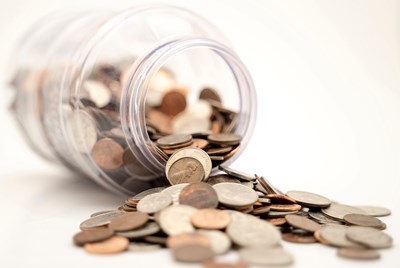

his note is only intended as a general overview and is not to be viewed as a substitute for legal advice. Brands & Bonds shall not be liable for any actions taken or not taken on the basis of this note.
Patent - a term that reverberates with every inventor and his invention from the time of its inception. An idea – even in its skeletal form can ensure protection paving all the way for concrete legal protection while it is being flourished to a fully structured patentable inventions.
Novelty as the term intents is the look-out for the newness of the invention or the idea. Precisely, the invention should be novel or new. Non-obviousness criterion tests whether the knowledge of the invention is already available in the public domain or whether the invention would be obvious to a person skilled in the art from the available knowledge pool. Lastly, an invention which is novel and non-obvious would be eligible for a patent only if it can be reduced to practice, or in other words it should be capable of utility.
An invention found eligible would be granted a patent for a period of 20 years. The 20year period commences from the date of filing the application or its earliest priority application. Finally, a patent to be in subsistence needs to be maintained by paying the prescribed annuity for the remaining years of monopoly.
Why a Patent? The simple answer is the concrete bundle of rights a patent grants the inventor. Patent is a negative right which enables one to prevent others from infringing the rights enshrined in the grant all the way enabling the patentee to capture and monopolise the market. Patent, thus pen your name on your invention, the sole and exclusive owner of the asset. It gives you the exclusive right to exclude others from making, using, selling, offering for sale, or importing the invention without your permission.Thus it opens up a plethora of opportunities including monetising the asset through other means including licensing, cross licensing, transferring, assigning or selling of the patented invention.
That is the way it looks...but, the main aim of granting a patent is not to have the inventor enjoy a monopoly right, but rather to have the invention or the novel idea disclosed to the public.
Patent is quid pro quo asset. You are granted a patent, once your idea is disclosed to the public. Patent is thus an incentive from the authorities in return to the invention disclosure and thus act as an encouragement for future research and developments.
An invention which is not patented moves itself to the public domain, until it is kept as a trade secret. Patented invention, though disclosed to the public doesn’t form part of the public domain until the period of protection expires.
Where a Patent? This is one of the pertinent question. Patent is territorial in nature, i.e. the invention will be under protection only in those countries where a patent is granted. Thus patenting in one country does not offer you the protection in another country. In rest of the countries, the knowledge will be pooled in the public domain and anyone in that country will have the freedom to operate in the same manner as if no patent exist. Hence you need to apply for patent in all countries individually where you would like to seek protection. But there is no international patent, but by way of Patent Co-operation Treaty (PCT), you can avail the benefit of filing a single window application for approximately 148 counties.
But, patent it only where you need it. The whole process of patenting and its subsequent maintenance incurs huge cost and hence, patenting in a country where there is no value of the invention unnecessarily shoots up the cost. Thus it is always advisable to understand the potential market for your invention before you finalize the jurisdictions.
A well performed extensive analysis at the very initial stage would help you understand the scope of the invention and the best strategies to be followed while also identifying the potential markets and infringers related to the invention.
Patent is a techno-legal document that has all the technical details of the invention with the claims intended for legal protection and whose enforcement occurs through courts.
For further queries please contact info@brandsnbonds.com